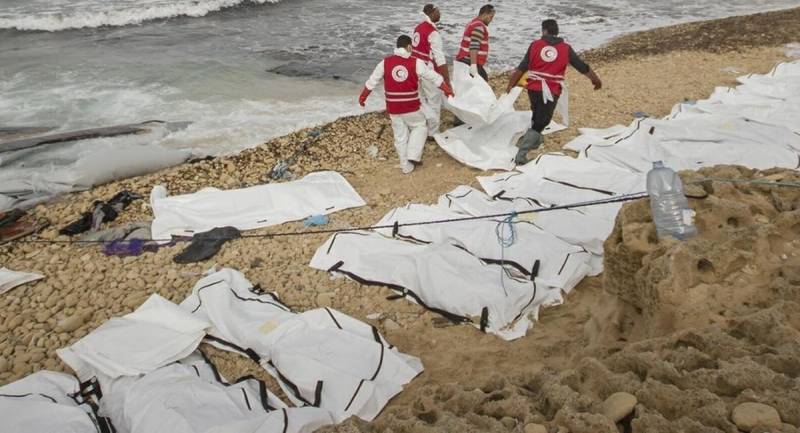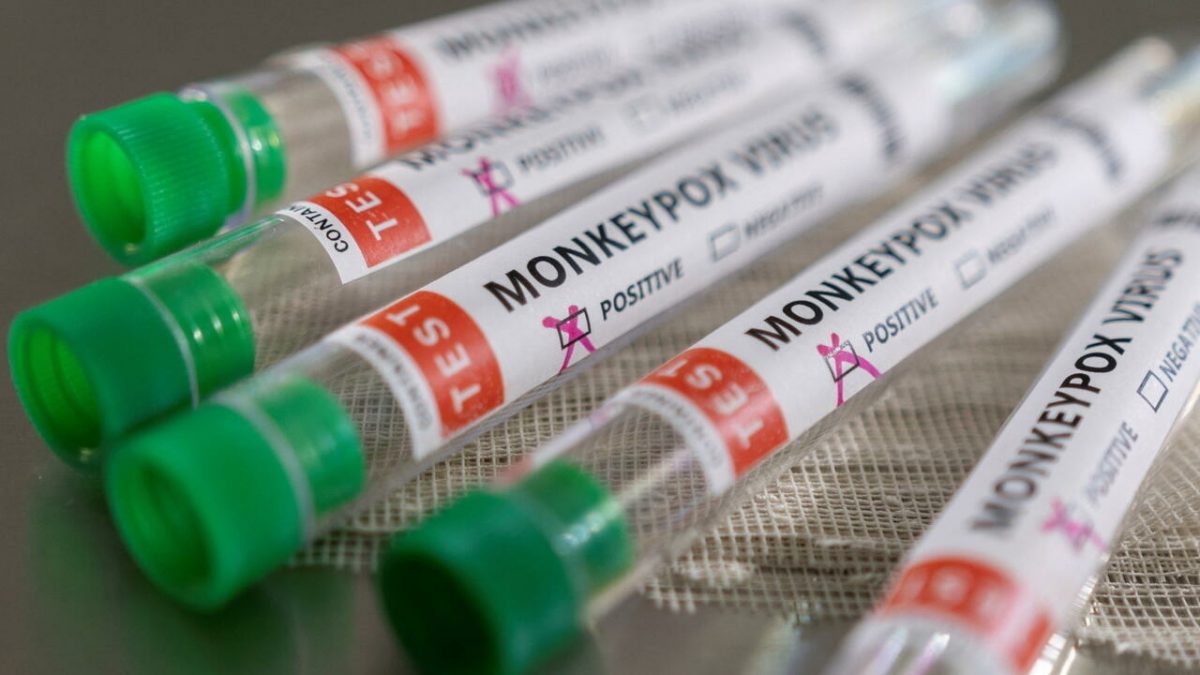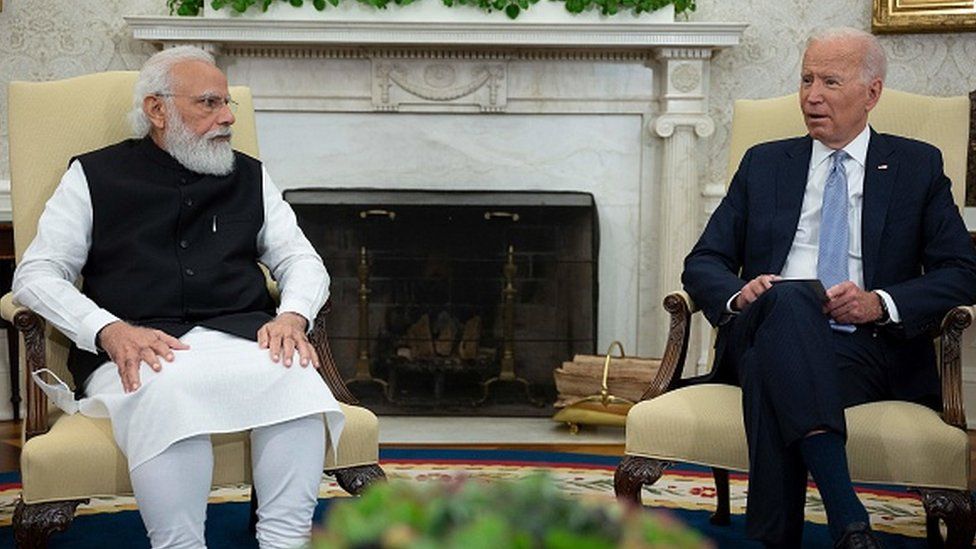Her investigation was launched following media reports of multiple gatherings in or near Downing Street during the pandemic.
Her previous interim report criticised leadership within No 10 and said some events should not have taken place.
Downing Street is expected to receive the report in the morning and has promised to publish its findings.
After the report’s findings are published, Prime Minister Boris Johnson is expected to make his promised statement to the Commons.
No 10 said it hoped this could take place at 12:30 – after Mr Johnson has faced Labour leader Sir Keir Starmer at Prime Minister’s Questions – but has warned the timings may slip depending on when the PM receives the report.
It comes after further revelations in recent days about gatherings held in Downing Street during lockdown, with photos of the PM raising a glass at a leaving do leaked to ITV and insiders revealing the extent of the gatherings to the BBC’s Laura Kuenssberg.
In a BBC Panorama report, people who attended the events told of how staff crowded together and sat on each other’s laps and how party debris was left out overnight.
The insiders also said parties went on so late that, on occasion, some ended up staying in Downing Street all night, and that staff mocked others who tried to stop what was going on.
The revelations have sparked fresh claims from opposition MPs and others that Mr Johnson knowingly misled Parliament when he previously told the Commons no Covid rules had been broken in Downing Street.
There have also been calls for the Metropolitan Police to explain why Mr Johnson did not receive a fine for attending the leaving do, when at least one person at the event was fined.
Plenty of Conservative MPs acknowledge privately the revelations of the last six months have permanently damaged the prime minister’s reputation in the eyes of many.
His character, his judgement, his integrity. Bluntly, whether he tells the truth.
The government is braced for a difficult day.
But the volcanic anger of many Tory MPs just a few months ago has cooled; their appetite for revolution, replacing him, significantly dimmed.
What led to Gray report?
No 10 appointed the UK’s top civil servant, Simon Case, to lead an inquiry into gatherings held in Downing Street and Whitehall during the pandemic after a raft of allegations emerged at the end of last year.
However, he was forced to step aside in December after it was revealed a party took place in his own office.
Ms Gray took on the job, examining 16 events over a dozen dates between May 2020 and April 2021.
But her report was delayed in January when the Metropolitan Police launched its own investigation into 12 of the gatherings.
An interim report published by Ms Gray, days later, pointed to “failures of leadership and judgement” by parts of No 10 and the Cabinet Office.
But now the Met has completed its investigation – which resulted in 126 fines, including one for the prime minister for attending a birthday party – Ms Gray can publish her full findings.
‘Uncomfortable reading’
As well as his appearance in the Commons, the prime minister will face a meeting of the Tory backbench 1922 committee in the afternoon.
Mr Johnson has managed to keep the support of the majority of his party so far, but many Conservatives have said they were waiting to read Ms Gray’s full report before deciding on his future as their leader.
Tory MP Charles Walker told the BBC that the report would “make uncomfortable reading”, but the “seminal moment” for the PM had been when the police report concluded and he faced no more fines.
“My suspicion is – actually my strong inclination is – the prime minister is through the worst of it,” he added.
Fellow Tory MP Stuart Anderson also said: “People have moved on from this.”
Asked if he was nervous of the report, he added: “I’ll be glad when it’s done. Nobody wants to be in this scenario, but let’s get it done and move forward.”
Others have been more critical since the revelations, however, with former Justice Secretary Sir Robert Buckland saying Mr Johnson will have to resign if he knowingly misled Parliament.
He told BBC Radio Wiltshire: “Legitimate questions have to be raised, and that’s why I want to see the fullest explanation.”











